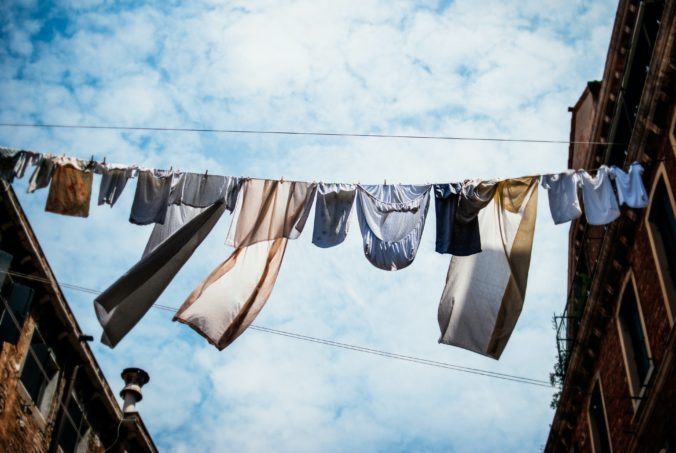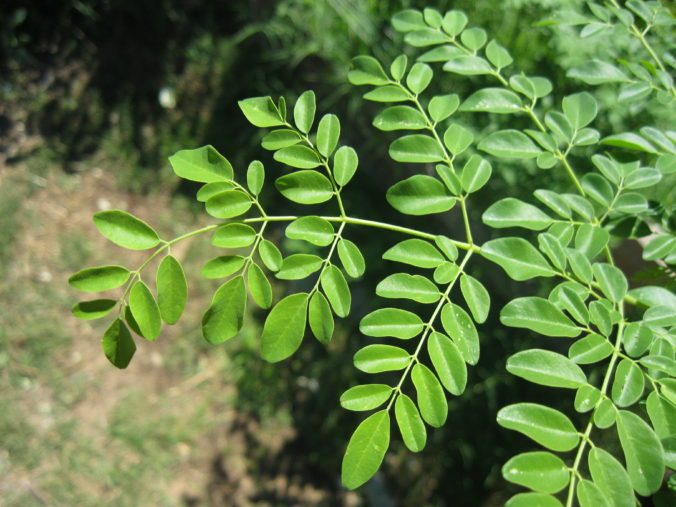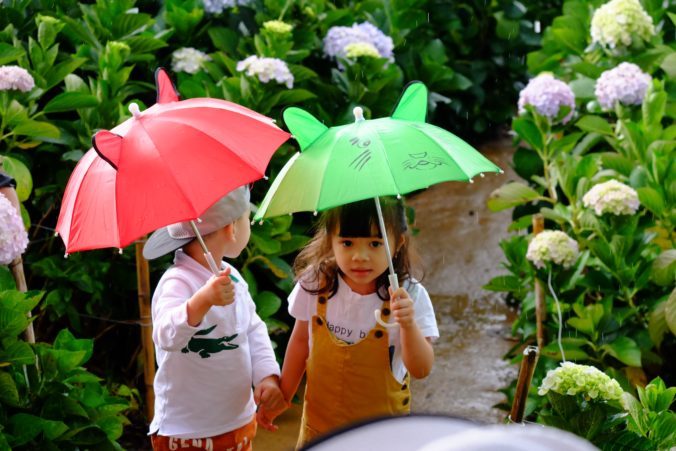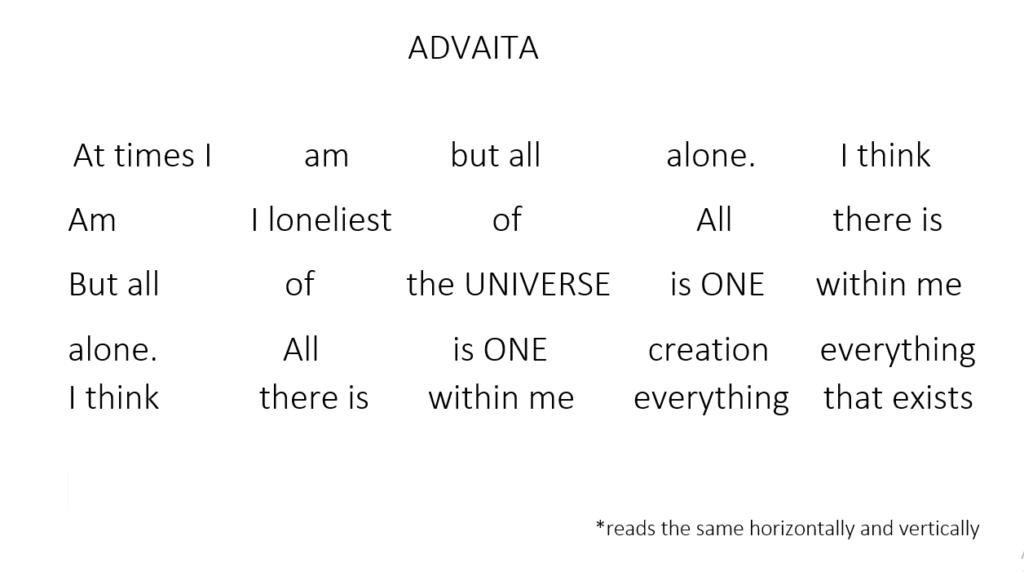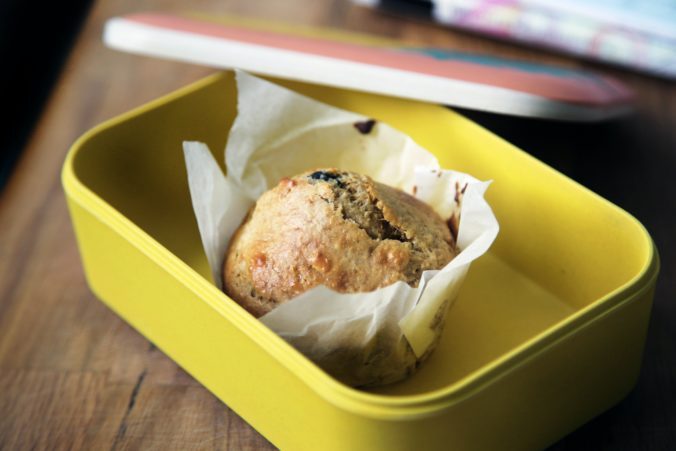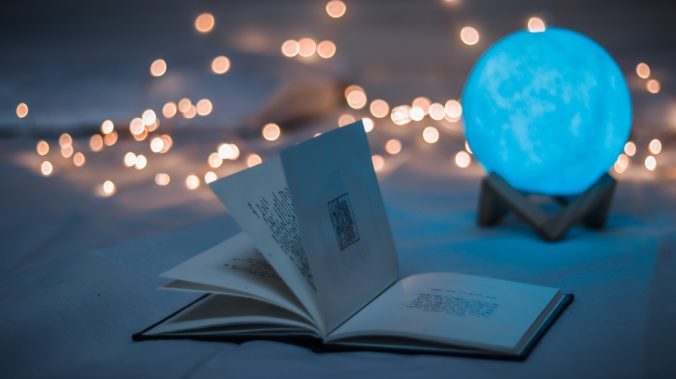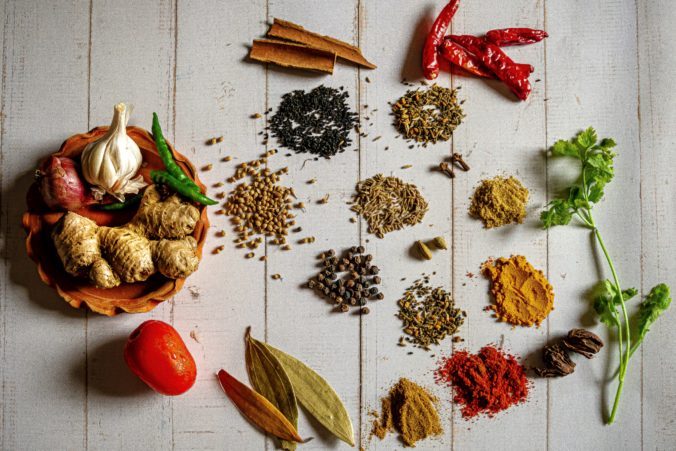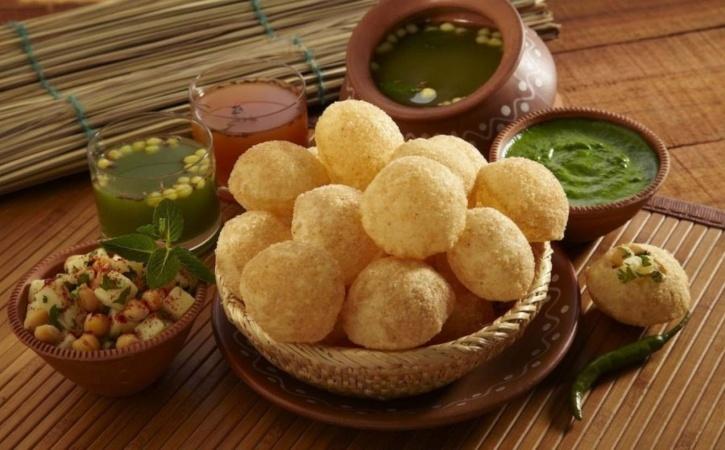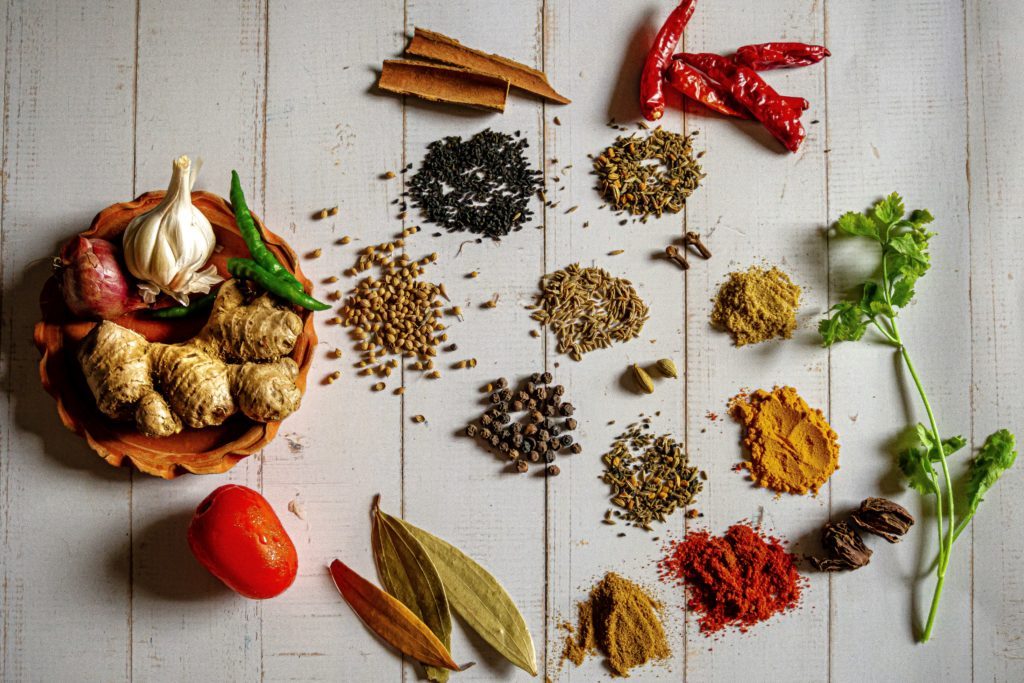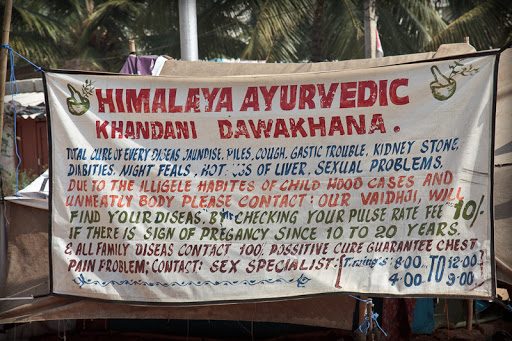Little Manjunath could not think about anything else but his brand new half-pants. Having lived in a single pair of half-pants ever since he remembers, the new pair was a luxury.
And he had worked hard to deserve them too.
One day at school, all kids had assembled in the kitchen courtyard to have their mid-day meal. A stray lump of glowing coal had slipped out of the stove, lending the haystack nearby a reason to burn.
As the flame raged into an inferno, the kids screamed and ran helter-skelter in search of a safer shelter. Manju, on the other hand, ran up to the well and fetched a bucket full of water to douse the fire.
How could he let the pot full of halwa get consumed in the flames!
Soon, the teachers at school came to help and the fire was extinguished.
He became the hero of the third standard that day. All teachers celebrated his bravery. Everyone celebrated with the sweet halwa salvaged from the fire. But what little Manju remembered most fondly was the gentle way in which Dhaara teacher, had ruffled his hair.
Dhaara was Manju’s class teacher. She was a charming lady in her mid-20s who taught her students with deep involvement and affection. Manju loved her in the most guileless, young-boy-like manner possible.
The principal of the school had taken note of Manju’s bravery. He had announced a gallantry award for Manju, to be awarded on the 15th of August, India’s Independence Day.
Manju wished to receive the honour in a new pair of clothes. His clothing situation though was a bitter irony. While his father was the local village washerman, who dealt with clothes all the time, he could hardly afford two pairs of school shorts for Manju.
But on learning of the bravery award to be conferred on Manju, he had borrowed money to buy a new pair of navy blue half-pants.
It was the night of 14th August. The new pair of half pants were swaying to the wind on the clothesline near the village pond. Manju could hardly sleep that night.
‘What if the half-pants get stolen? What if they are blown away into the pond?
What if they fall off and get muddy?’
A hundred things could go wrong, and all of them pestered him equally.
The whole household was fast asleep. It was midnight. Manju heard a deep rumble from outside. And, another worry entered his mind,
‘What if it rains?
I won’t be able to go to school with wet pants!
And I won’t be able to receive the award from Dhaara teacher!’
He longed for his hair to be ruffled again, just like the day of the fire in the kitchen.
The rumble was back again. It felt as if the clouds were forewarning about a sudden spell of rain.
Manju had to do something.
Quietly, he left his own house like a seasoned burglar. Guided by diffused moonlight and his villager instinct, he made his way to the community pond nearby.
He knew where his father always hung the clothes of the family. The topmost clothesline from the bank, near the banyan tree.
The fact that he was more afraid of missing out on Dhaara Madam’s gentle ruffle than any dangers lurking in the dark, led the little 8-year-old through the eerie theatre of the night.
He needed little searching. He got hold of his half pants and felt the damp fabric on his cheek.
‘Would it dry by morning?’ he wondered.
He didn’t want to receive the award with wet pants!
The rumble of the night got intense. Manju tried to listen for the source of the sound.
A pair of luminous eyes shone at a distance near the pond. A padded tail, curved like a bow, dangled high above the patch of grass.
It was a big cat.
A leopard.
Manju gulped all his screams.
Just as stealthily he had come out of his house, he climbed up the Banyan tree to be at a safe place, away from the feasting Leopard.
He wondered whose cattle shed in the village was one sheep short that night.
He prayed to Lord Hanuman, under his stifled breath.
Manju sweat his shirt wet in the half an hour spent in cover on the Banyan tree. Once the Leopard finished eating, he walked past the tree slowly.
Now, both of Manju’s half pants were wet.
Satiated with the kill, the Leopard sauntered into the thicket under the guard of the night.
Manju fell unconscious hugging a thick branch of the mighty Banyan tree.
The following morning, when Manju opened his eyes, he saw the angelic face of his class teacher.
‘Is this a dream?’ Have I reached heaven?’ he wondered in delirium.
He saw the faces of his relived parents on the adjacent side of the bed. He had a warm quilt around his body.
‘You’re fine Manju. Don’t worry.
We are all proud of you,’ said Dhaara teacher.
‘Good morning, teacher’ he mumbled.
‘We were worried when you didn’t come to school for the ceremony. Then the school gatekeeper told us you were on a Banyan tree the whole night.’
‘I hope it wasn’t one of our sheep. The leopard….’
‘Sshh… Don’t worry about it.
Here, I have your medal for you.
To the bravest child in our village!’
Dhaara teacher lovingly put the medal around a supine Manju.
She ruffled Manju’s hair affectionately. The gentle sweep of her fingers was worth a thousand badges of honour.
Everything seemed to be ending well for little Manju.
A bravery medal home delivered by his loving class teacher!
Everything seemed perfect.
Just the warm quilt gave him an irresistible itch on the thigh.
He slowly reached for the spot under the quilt to scratch that itch.
That’s when he realised,
He was wearing no half-pants!
Manju slept through the whole afternoon, naked under the blanket, without a worry in the world.
Both his half-pants fluttered slowly on the clothesline by the banyan tree next to the pond.


